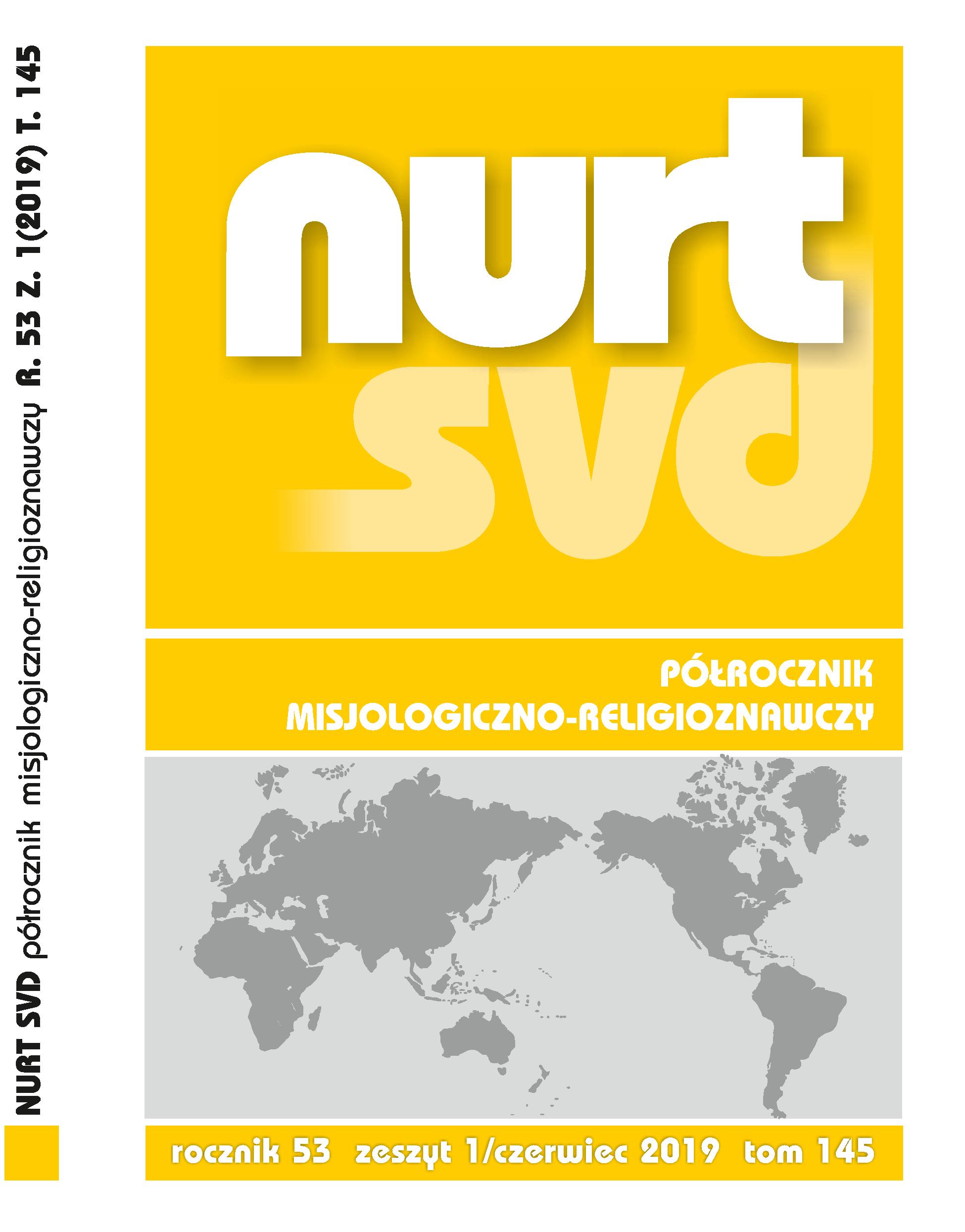Koncepcja dobra najwyższego w ujęciu Tomasza z Akwinu i Immanuela Kanta
Conception of the Highest Good according to Thomas Aquinas and Immanuel Kant
Author(s): Marcin SieńkowskiSubject(s): Christian Theology and Religion, Sociology of Religion
Published by: Verbinum
Keywords: the Highest Good; Thomas Aquinas; Immanuel Kant
Summary/Abstract: Analyzes carried out in this article aim at showing the essence as well as the role that concept of the highest good fulfills in the realistic morality of Thomas Aquinas and in the transcendental philosophy of Immanuel Kant. The notion of the highest good has a different meaning in both philosophical systems. The designatum of this concept in realistic philosophy is the good and the purpose that fully update all human potentialities. The highest good understood in this way is identified with God. Individual decisions and human activities are directed towards it as an ultimate goal. The analysis of Kant’s theory of moral behavior proves that the human moral actions are also aimed at the highest good. Kant understands them as nothing beyond anything else. Realization of the highest good is also the goal of morality flowing from the imperative of practical reason. However, this kind of good is not identified with God in the sense of realistic philosophy. It is a construct and the composition of two goals arising from human nature. One of them flows from a rational nature, the other from a sensual one. Only the a priori synthesis of these two approaches, that is virtue and happiness, constitutes the highest good. Its implementation, however, requires the adoption of human immortality and the existence of God, that is, postulates of practical reason.
Journal: Nurt SVD
- Issue Year: 145/2019
- Issue No: 1
- Page Range: 236-252
- Page Count: 17
- Language: Polish

